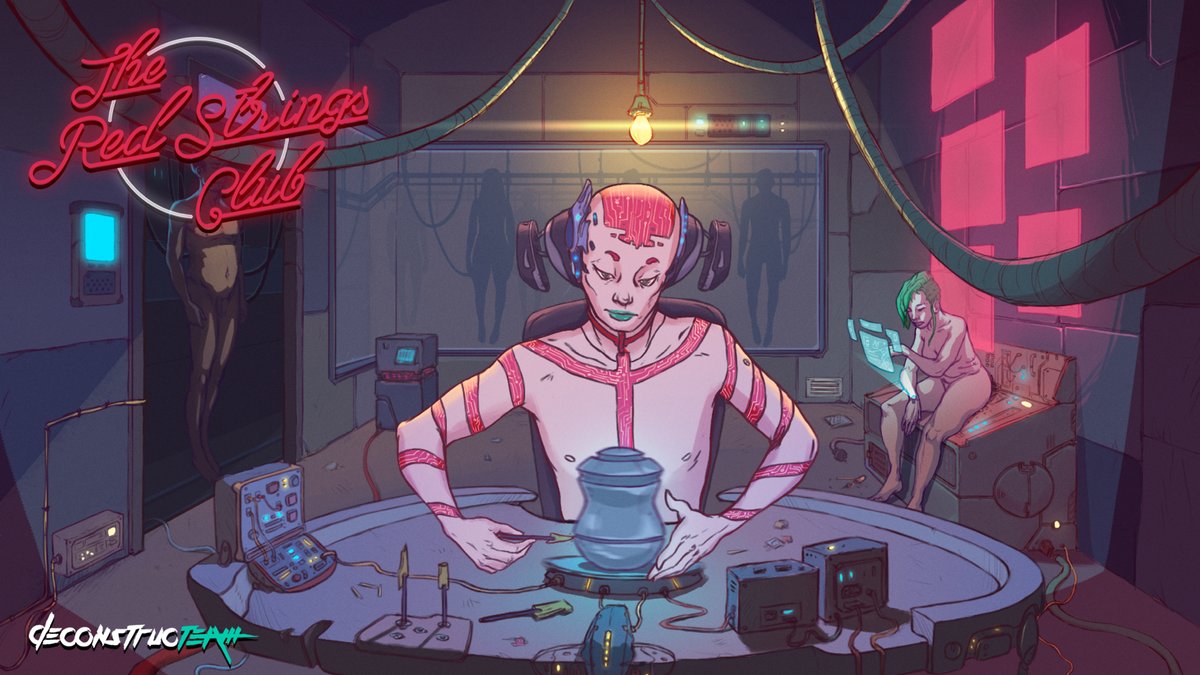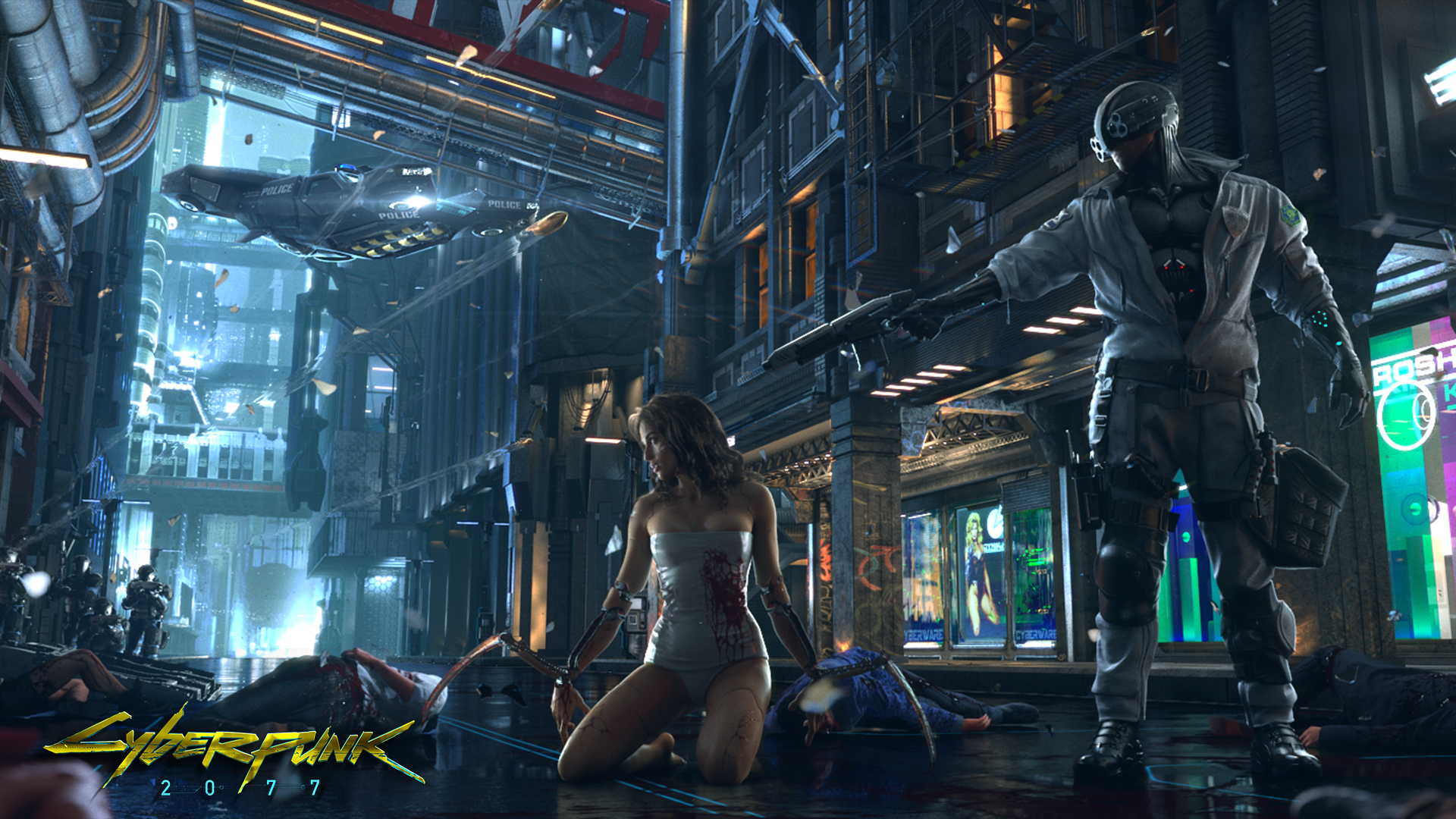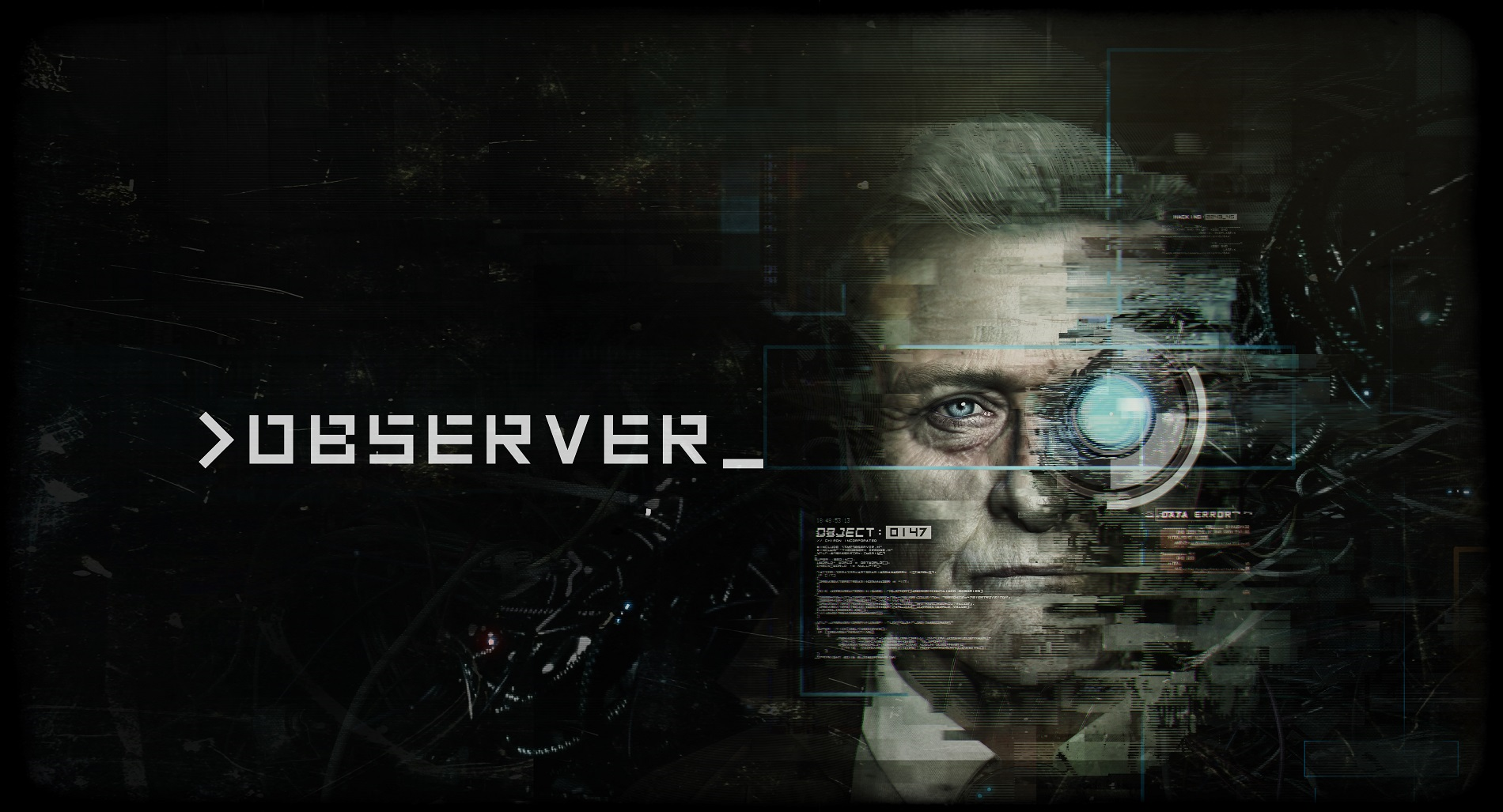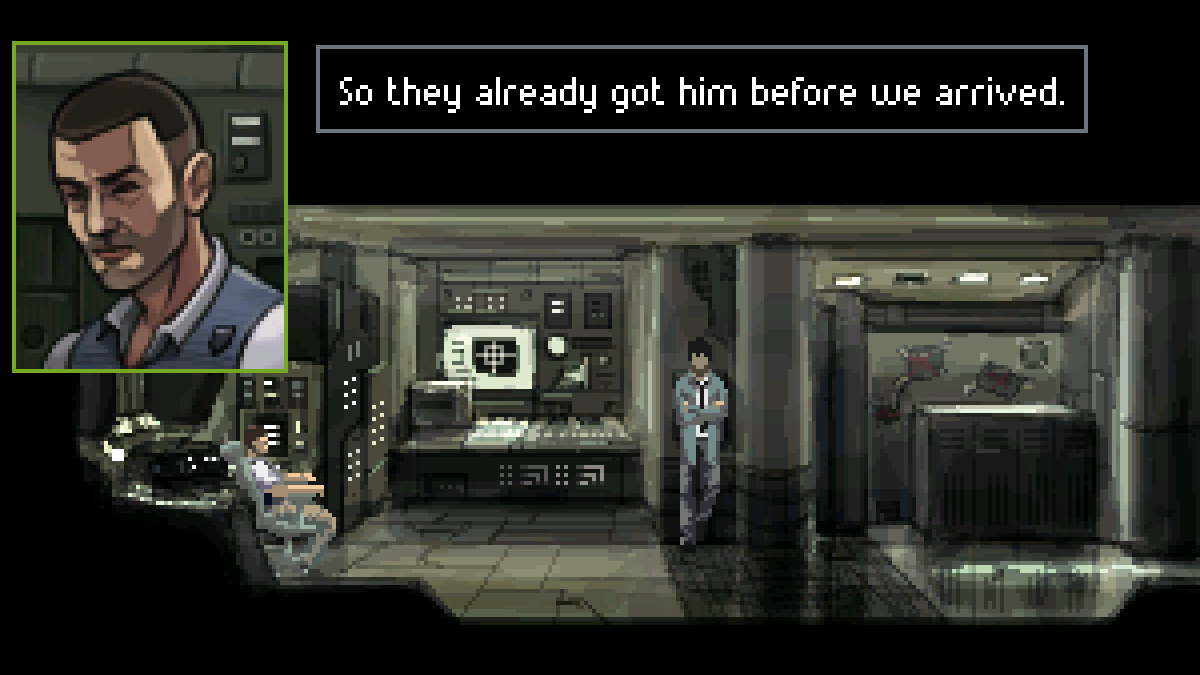Cyberpunk vs Zombies: Battle of the Genres
Indie developers are increasingly diving into a genre that goes back to the stories of Isaac Asimov

It’s undeniable that post-apocalyptic oriented narratives in storytelling have been dominating the audiovisual industry for some years now, with the much eroded Zombie staple still breeding titles in movies, TV shows and videogames. But lately there seems to be a runner up to compete in that exploration of how many things can go wrong with humanity in the near future. With its central focus on drug culture, hacking, sexual liberation and body augmentation as keys of the new world, the Cyberpunk genre has been appearing as the setting for many new titles in indie gaming.
So let’s explore the score right now and why Cyberpunk as a genre has been gaining popularity and attention in recent years.
A very brief history lesson
Cyberpunk’s origins as a genre can be traced back to 1982 with the release of Ridley Scott’s cult classic film Blade Runner, and could have a guaranteed future with what seems will become a “big daddy” of the genre, CD Projekt Red’s Cyberpunk 2077.
What seems to differentiate the Cyberpunk genre from its competitors is how it manages to reinvent itself throughout the passing of generations. Blade Runner, for example, hit the movie theatres in 1982 after Ridley Scott adapted the story told by Philip K. Dick in his 1968 book “Do Androids Dream of Electric Sheep”, which arguably took inspiration from Isaac Asimov’s short stories, especially “I, Robot”, published in 1950.

In the meantime, a great amount of indie games appear to be taking heavy interest in telling stories set in worlds where super corporations monopolize health, information and technology, while pulling the strings in politics and human rights. Where bodies are modified with augmentations and genetic science is used to achieve a new model of perfection.
Taking into consideration that both Zombie and Cyberpunk themes establish their premises on post-apocalyptic timelines, the creative market in which they are settled is generally shared. Although it seems that the undead have the upper hand at the moment, a large amount of Cyberpunk oriented titles are being both released and announced.
Sales figures seem to prefer zombies
According to a report put together by the Entertainment Software Association in early 2017 (there’s no 2018 version yet), 27.5% of the top selling games in 2016 were categorized under the label of “Shooter” and 22.5% under “Action”, an umbrella beneath which most of the games that feature some sort of undead or zombie sit. Think Call of Duty: Infinite Warfare and its Zombie Mode being the number one most sold game of 2016. Hell, Call of Duty: Black Ops III (Number 9 in 2016) follows the same path.
Consider that some Zombie games also appear in almost every “Top most anticipated games for 2018” lists. You’ll probably see The Last of Us: Part 2 and Days Gone featured there, and some might mention the Telltale version of The Walking Dead for that matter. So, point made: Zombies still have the upper hand.

Recent developments
Parallelly, in the last couple of years big studio Cyberpunk releases have been populating the market with, citing some examples, the Deus Ex prequel franchise, Observer, Remember Me, the XCOM series and the now remastered Final Fantasy VII. All of them walk the post-apocalyptic branch, but oriented to a Cyberpunk universe.
The indie game industry has also seen a rise in this trend; in the last five or so years many titles have been intending to surf the Cyberpunk wave. From the greatly considered Gemini Rue in 2012, to titles like Dex, the latest additions to the Shadowrun saga in Dragonfall and Hong Kong, Invisible Inc., Else Heart.Break() and the unique Transistor. These are just some examples of a trend that keeps getting fed with new ideas, just like we’ve witnessed already in 2018 with the release of Deconstructeam’s (the developers of 2014’s Gods Will Be Watching) The Red Strings Club.

Heck, even the genre’s grandpa, Blade Runner, got a sequel in 2017 that earned 259.2 million dollars in revenue. The massive hype on the new version of that cult classic also led to a VR experience called Blade Runner 2049: Replicant Pursuit. In the meantime, Netflix decided to start 2018 with an aggressive stand on the Cyberpunk side by releasing Altered Carbon, a story about eternal life and murder in a neon filled noir setting.
2017 was a year branded by a big push on Cyberpunk in pop-culture and indie gaming.
A quick look at some of these Indie Cyberpunk games
Observer (Bloober Team), Quantum Replica (ON3D) and Echo (Ultra Ultra) are three of the latest indie game releases exploring Cyberpunk and provide a wide range of aspects that reflect the genre’s possibilities.
Observer explores a tech-noir horror story with survival and mystery elements. Detective Daniels Lazarski (played by Blade Runner’s Rutger Hauer) is a neural police officer in 2084 who can track people’s’ fears and memories to solve crimes. Focussing on the mechanics of its gameplay, Quantum Replica (ON3D) isn’t the kind of graphic and immersive narrative more common to the genre, but a fast paced arcade and metroidvania under neon lights. Stealth and time manipulation elements make this experience a dark and compelling one. Finally, Echo (Ultra Ultra) is an almost claustrophobic psychological stealth and strategy action in which we have to face replicas of ourselves that improve as we do and learn how to adapt to our growing experience, backed with an intriguing story about the fall of humanity.
Other honorable mentions include All Walls Must Fall and Dreamfall Chapters. Additionally, early 2018 comes with new titles in this perspective like the above mentioned The Red Strings Club, The Last Night and Griftlands.

Why this setting?
About the choice of this setting as the base for their narrative, Deconstructeam’s Creative Director, Jordi de Paco, explained to PC Games Insider blog:
“I think we’re just different from how video games usually do cyberpunk. In literature, you have many great cyberpunk works that aren’t about noise, violence, and shiny lights. Cyberpunk was an excellent setting for us to explore the kind of questions our narrative poses.”
In an interview with Vice, 80 Day’s writer, Meg Jayanth, explained the aspects that make this genre a special one to work in:
“I love that cyberpunk is usually about the person on the street rather than the head of the megacorp. It’s so wonderfully infused with politics at the individual, human level.”
“What is humanity? What is empathy? What is the nature of truth in an increasingly mediated, synthetic world?”, to Jayanth these are the key questions that the genre of Cyberpunk is asking. Jayanth is also the writer of an upcoming Cyberpunk mobile game based on the popular board games Android and Android: Netrunner.

Are Zombies done?
It is hard to tell if this Cyberpunk trend is going to be as long lasting as the zombie genre although it’s clear by now that at least in the world of indie games the latter appears to be losing ground to megacorps and netrunners, something that a lot of us are glad to see. Even so, world catastrophes, environmental breakdowns and human decay are clearly a common factor with both.
The grand question seems to be the same in both cases: what does it mean to be human, and what kind of future are we building -or destroying- for ourselves?

